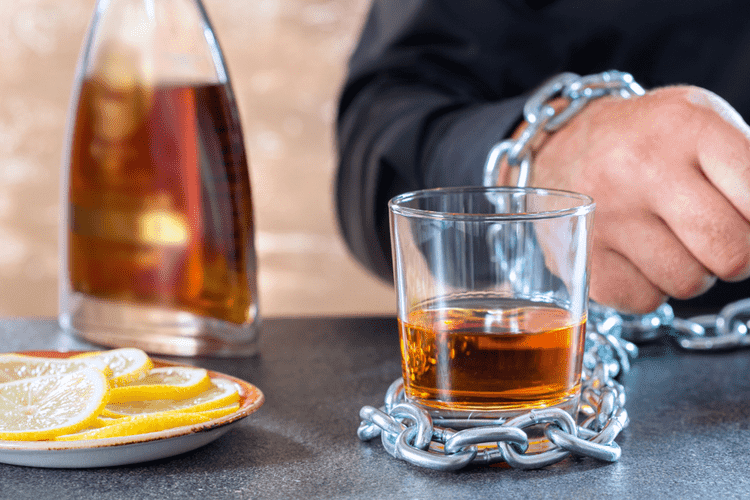Binge Drinking: Signs, Effects, Treatment, & Prevention
People in many traditional European cultures tend to drink wine with meals. Those in the professional class also struggle with substance abuse, possibly fueled by after work drinking. Those with professions such drinking after work as office workers, lawyers, doctors, accountants, and management, may also find themselves struggling to control their drinking habits. For example, nearly one in five lawyers struggle with heavy alcohol use.

Once someone hits stage four, their bodies are not what they used to be. When they examine themselves in the mirror, they may not recognize themselves. Common outward changes may include flushed skin and a distended stomach or “beer belly.” They may not be aware, but alcohol is affecting their bodies internally as well. Possible physical side effects include increased blood pressure and liver damage. In the morning, their hands may shake and they may experience frequent heartburn. During this stage, individuals are drinking every day, usually to avoid uncomfortable withdrawal symptoms.
Nutrition and healthy eating
“Generally, we define binge drinking for men as five drinks in a two-hour period,” he says. If that describes your Friday and Saturday nights, AND you’re knocking back a couple drinks every night during the week, you’re firmly in the danger zone. The liver goes through stages before alcohol takes an irreversible toll. Those at risk for liver damage are men who drink over 14 drinks per week and women, as well as people over age 65, who drink seven or more drinks per week, according to a June 2020 StatPearls report. Regardless of what career you have, there are steps you can take to monitor your after-work drinking.
Drinking alcohol may mean a person loses the positive effects of exercise. Drinking alcohol makes a person more likely to become dehydrated during exercise. This is because alcohol is a diuretic, meaning it reduces the amount of water a person’s kidneys can reabsorb back into the bloodstream, causing them to urinate more frequently. These effects can negatively impact a person’s performance during exercise or competitions. I’m currently living at my grandparents house until I can get my credit card debt down far enough and while I search for a place of my own. They are quite old school and I’m sure they aren’t very friendly with weed.
American Workers Spend More Than $3,000 a Year on Afterwork Drinks
Additionally, nearly 15 percent of healthcare professionals struggle with alcohol abuse. If none of that works and the act of drinking is, itself, the soothing factor you’re craving, you also have options to keep drinking—with a non-alcoholic spin. With the weather https://ecosoberhouse.com/ cooling off, of course, you could switch to caffeine-free herbal tea or hot cocoa in the evenings, but that might not have the same allure. You’ll even find some pre-made non-alcoholic “cocktails” on the market with complex flavors to challenge your palate.
- While they may not have the same impact, you’ll come to realize that you don’t need alcohol to cool down after work.
- The drink is not too sweet, but still packs a punch, and its bright orange color is sure to light up any happy hour or party.
- In addition, alcohol has been linked to higher rates of breast cancer by increasing estrogen in the body, per the ACS.
- Once someone hits stage four, their bodies are not what they used to be.
- Some people rely on alcohol use and drinking after work to relieve their stress.
For women, more than three drinks on any day or more than seven drinks a week is heavy drinking. For men, heavy drinking means more than four drinks on any day or more than 14 drinks a week. In the past, moderate drinking was thought to be linked with a lower risk of dying from heart disease and possibly diabetes. After more analysis of the research, that doesn’t seem to be the case. In general, a healthy diet and physical activity have much greater health benefits than alcohol and have been more extensively studied.
ways to curb your drinking
The pressures on you are likely to persist, and you will continue to need to decompress at night. With all of that being constant, your best bet is to take a look at the ritual—or tool—you’re using to mark that daily transition and blow off steam. When it comes to sleep, eating, and any kind of substance, “anything that disrupts your normal routine is going to put you on edge, but that’s not an indication you have a use disorder,” Koob adds. Frank the Tank needs to stay at home, and all that frat boy behaviour, yeah, you should have outgrown that by now.
